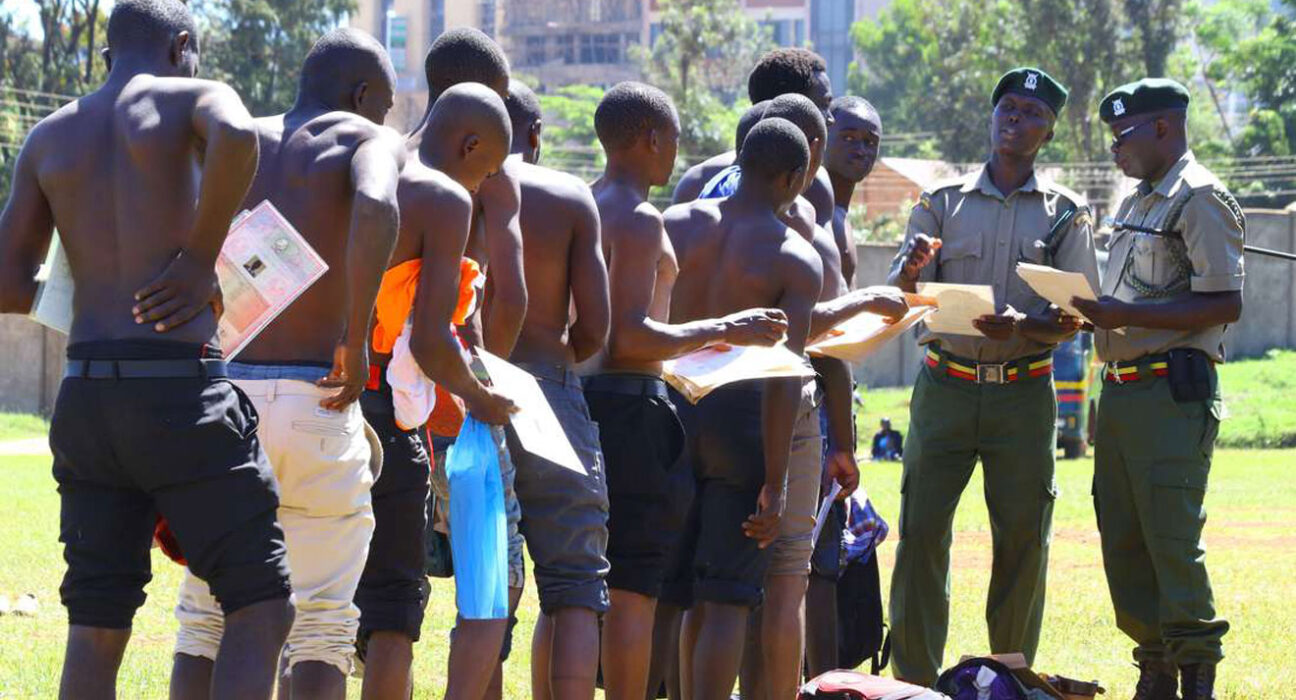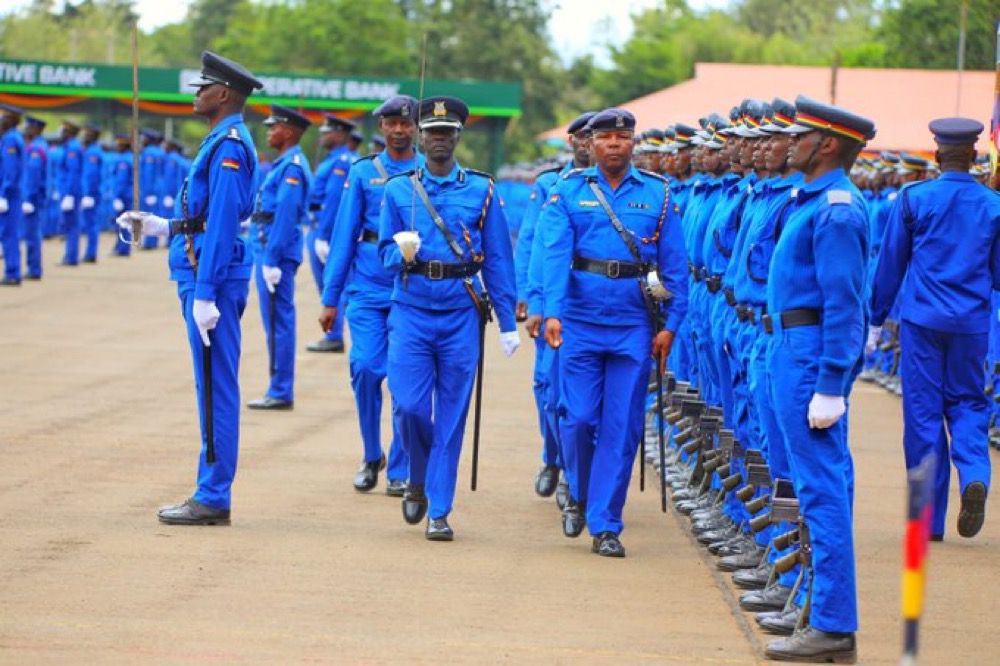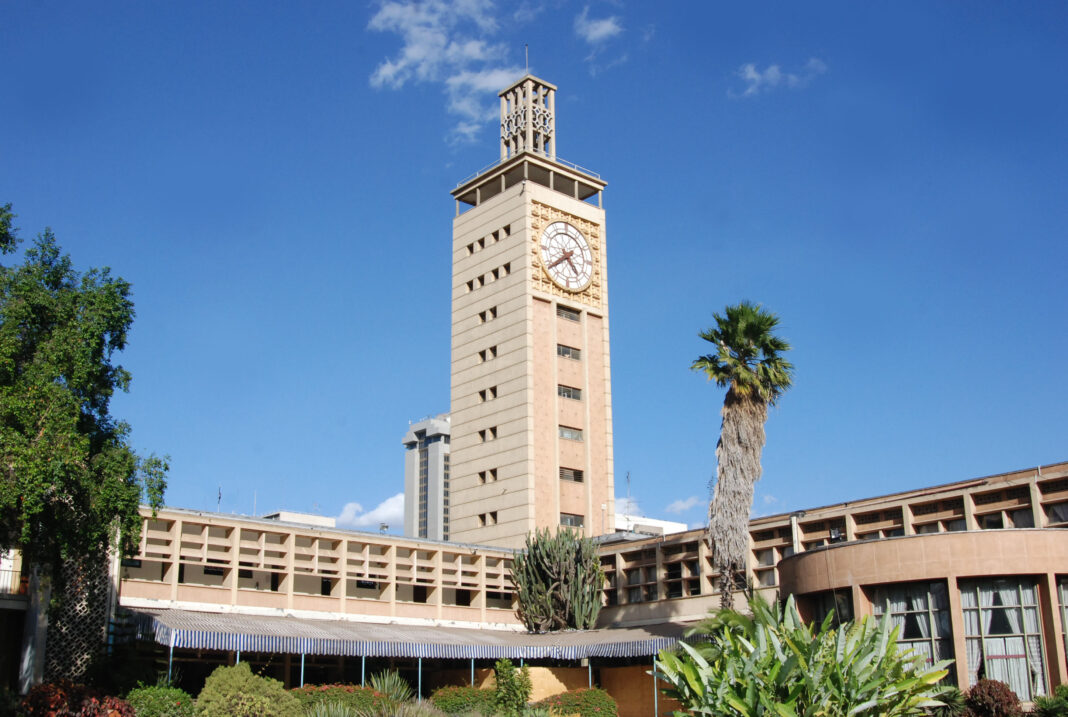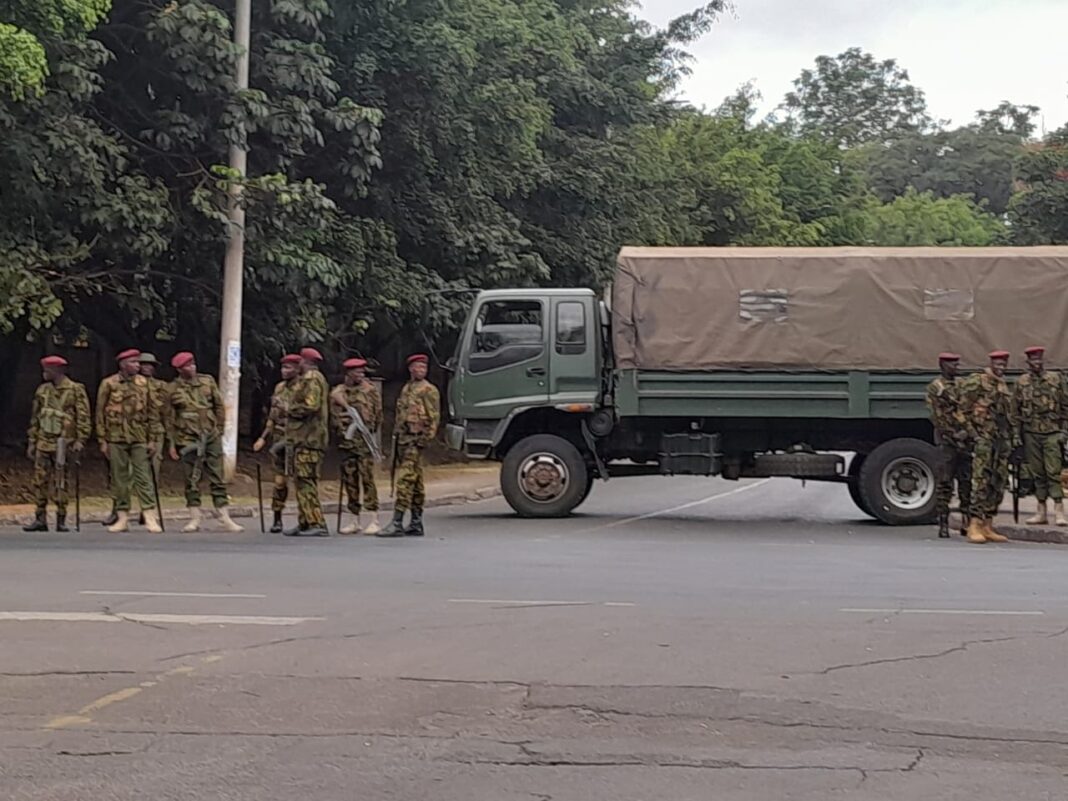The High Court has temporarily stopped the National Police Service (NPS) from recruiting 10,000 new police constables following a constitutional petition filed by activist Eliud Matindi. Justice Bahati Mwamuye issued the order on Monday, November 10, suspending the entire exercise until the court hears and determines the case.
The ruling halts all activities linked to the police recruitment process announced on November 4 by Inspector General Douglas Kanja. The suspension raises new questions about transparency, legality, and the tug-of-war over who has the final say in police hiring.

High Court Stops Police Recruitment Following Legal Petition
The High Court at Milimani has issued a conservatory order suspending the highly publicized recruitment of 10,000 police constables. Justice Bahati Mwamuye ruled that the exercise cannot proceed until the court hears and determines the petition filed by activist Eliud Matindi.
In the petition, Matindi questioned the legality and transparency of the recruitment exercise announced by the National Police Service (NPS) under Inspector General Douglas Kanja. The activist argued that the process risked violating constitutional provisions governing public appointments.
Justice Mwamuye ordered that the suspension covers not only the NPS but also any other government bodies or agencies associated with the recruitment process.
He directed that all respondents and interested parties be served with the petition, supporting documents, and the court order by November 12. The judge warned that any disobedience of the conservatory order would attract penal consequences.
The ruling means that no recruitment, facilitation, or implementation activities related to the police exercise can continue until the matter is resolved in court.
Legal Disputes Continue to Stall Police Recruitment
The High Court order is the latest in a string of legal setbacks affecting police recruitment in Kenya. Just days before this ruling, the Employment and Labour Relations Court delivered a landmark decision that changed the management of police hiring.
On October 30, Justice Hellen Wasilwa ruled that the National Police Service Commission (NPSC) lacked the constitutional mandate to recruit police officers. She clarified that the power to hire, train, and discipline officers lies exclusively with the National Police Service (NPS).
This ruling transferred the recruitment role back to the NPS, prompting Inspector General Douglas Kanja to announce a nationwide recruitment exercise scheduled for November 17, 2025.
However, with the new High Court order, that plan has now been put on hold, adding confusion and delays to an already contentious process.
Activist Demands Transparency and Accountability
Activist Eliud Matindi, who filed the petition, insists that the recruitment process must align with the Constitution. He claims that the planned exercise failed to provide adequate public notice and lacked mechanisms to ensure fairness and inclusivity.
According to Matindi, Kenyans deserve a transparent recruitment process that does not favor specific groups or individuals. His petition seeks to prevent what he terms “systemic abuse” in police hiring, which has long been marred by allegations of nepotism and bribery.
The court will now examine whether the procedures followed by the NPS meet the constitutional threshold of accountability and fairness. Until then, the entire process remains frozen.
NPS Promises Fairness and Equal Opportunity
Before the court suspension, the National Police Service had defended the recruitment process, promising that it would be free, fair, and merit-based. The NPS outlined detailed eligibility requirements for applicants.
According to the official notice, applicants had to be Kenyan citizens aged between 18 and 28 years, hold a valid national ID, and possess a minimum grade of D+ in the Kenya Certificate of Secondary Education (KCSE), including a D+ in English or Kiswahili.
Candidates were also required to be physically and medically fit, with height requirements set at 5 feet 8 inches for men and 5 feet 3 inches for women. Female candidates were advised not to be pregnant during the recruitment or training period.
The NPS maintained that all successful applicants would undergo rigorous vetting, background checks, and medical examinations before joining the service.
However, the High Court’s latest order means the NPS must now pause and await the outcome of the legal proceedings before taking any further steps.
Conclusion
The High Court’s suspension of the police recruitment has placed Kenya’s law enforcement sector in limbo once again. What was meant to be a routine intake of new officers has turned into a legal standoff that highlights the growing tension between the National Police Service and oversight bodies.
With thousands of eager applicants now left in uncertainty, the court’s decision will likely set an important precedent on how recruitment within security agencies is conducted in the future. For now, the NPS and all relevant government bodies must comply with the court’s directive and await the next hearing.


